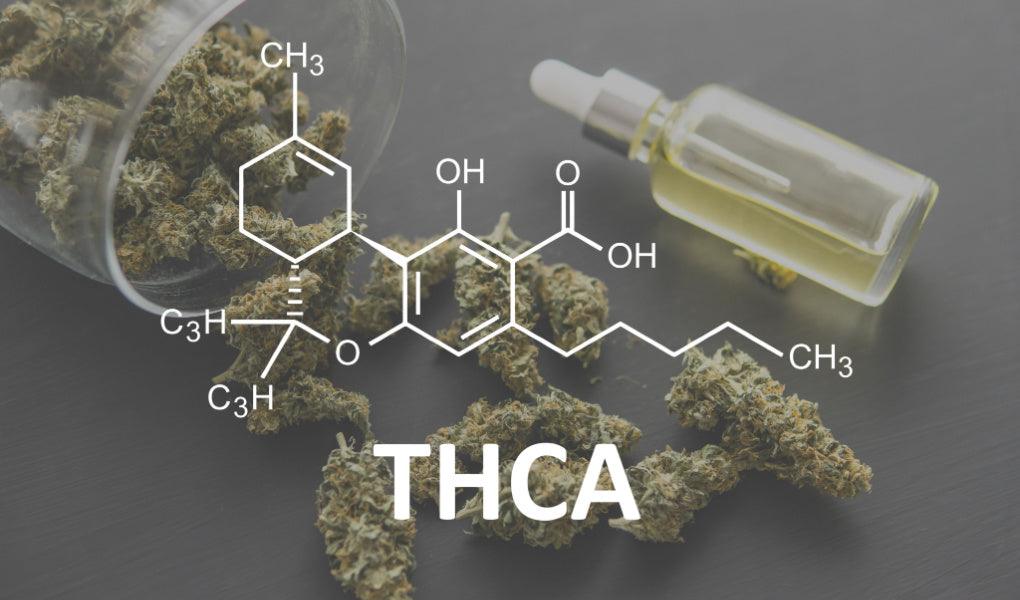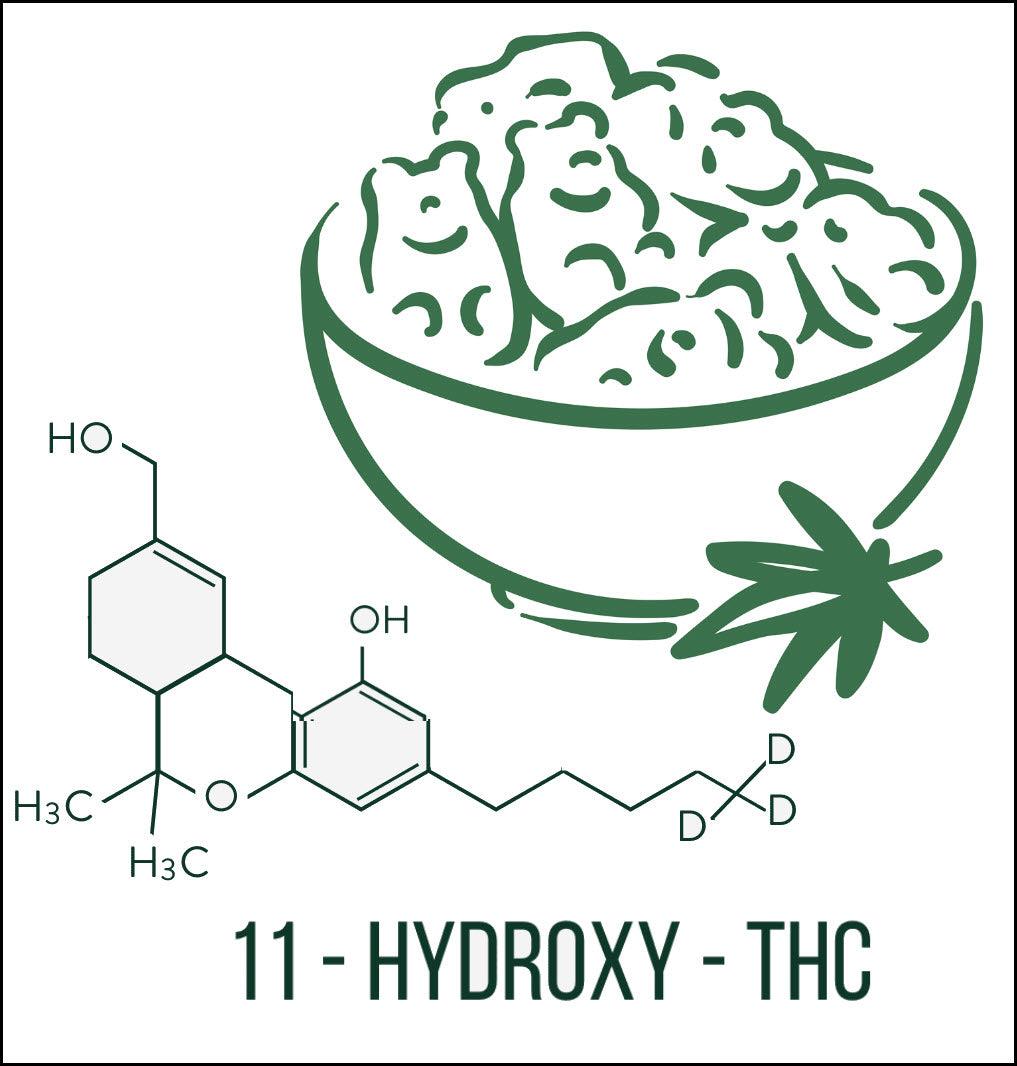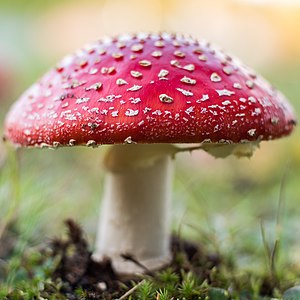Unveiling the Power of THCA: A Closer Look

Unveiling the Power of THCA: A Closer Look at the Non-Intoxicating Precursor to THC
In the realm of cannabis, acronyms like THC and CBD often dominate the conversation. However, nestled within the intricate chemistry of the cannabis plant lies a lesser-known yet equally significant compound: THCA. While THCA shares similarities with its more famous cousin THC, its distinct properties and potential health benefits make it a fascinating subject of study for researchers and enthusiasts alike.
Understanding THCA
THCA, or tetrahydrocannabinolic acid, is the primary cannabinoid found in raw, unheated cannabis plants. Unlike THC (tetrahydrocannabinol), which is renowned for its psychoactive effects, THCA does not induce intoxication in its raw form. Instead, it serves as a precursor to THC, undergoing a process known as decarboxylation when exposed to heat or light.
Decarboxylation: Unveiling THC's Potential
Decarboxylation is the pivotal transformation that occurs when THCA is heated, leading to the removal of a carboxyl group and the conversion into THC. This process commonly takes place when cannabis is smoked, vaporized, or cooked, activating the psychoactive properties associated with THC. While THC is celebrated for its euphoric effects, THCA remains non-intoxicating, offering a unique profile of potential therapeutic benefits.
Exploring the Medicinal Potential of THCA
Research into the medicinal properties of cannabinoids has illuminated the potential of THCA as a therapeutic agent. Studies suggest that THCA may possess anti-inflammatory, neuroprotective, and antiemetic properties, paving the way for diverse applications in medical treatments.
-
Anti-Inflammatory Effects: Inflammation is a complex biological response that plays a role in various diseases, including arthritis, inflammatory bowel disease, and neurodegenerative disorders. Preliminary research indicates that THCA exhibits anti-inflammatory properties, potentially offering relief for individuals battling inflammatory conditions.
-
Neuroprotective Properties: Neurodegenerative diseases pose significant challenges to healthcare systems worldwide, with conditions like Alzheimer's and Parkinson's disease affecting millions of individuals. Emerging studies suggest that THCA may exert neuroprotective effects, potentially slowing the progression of neurodegenerative disorders and preserving cognitive function.
-
Antiemetic Benefits: Nausea and vomiting are common symptoms experienced by patients undergoing chemotherapy, radiation therapy, or those suffering from conditions like motion sickness and gastrointestinal disorders. THCA shows promise as an antiemetic agent, offering relief for individuals struggling with nausea and vomiting associated with medical treatments or underlying health conditions.
Harnessing the Therapeutic Potential
While research into THCA's medicinal properties is still in its infancy, the burgeoning interest in cannabinoid science holds promise for uncovering its full therapeutic potential. As legalization efforts expand and scientific inquiry delves deeper into the complexities of cannabis chemistry, THCA stands as a testament to the multifaceted nature of the cannabis plant and its potential to revolutionize healthcare.
Conclusion
In conclusion, THCA emerges as a fascinating component of the cannabis plant, distinct from its more renowned counterpart THC yet harboring its own array of potential health benefits. As research continues to unravel the intricacies of cannabinoids, THCA's role in medical treatments may become increasingly prominent, offering new avenues for addressing a diverse range of health conditions. Whether consumed in its raw form or explored for its therapeutic properties, THCA represents a compelling frontier in the evolving landscape of cannabis science.





Comments
Brian Mcginn —
Why am I just now hearing about this THC-A?